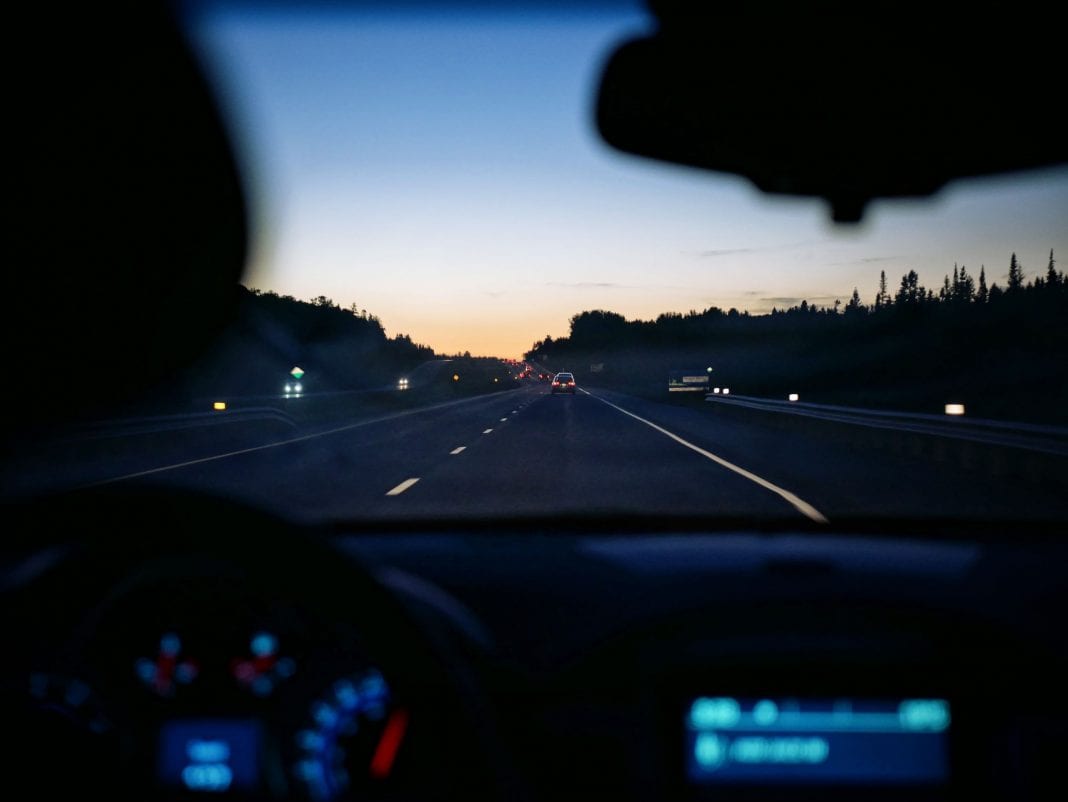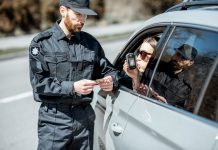The internet is filled with viral videos showing crude interactions between drivers and police officers. Police abusing their privileges is not uncommon. There is a public outcry demanding that law enforcement agencies should have greater restraint and limit police privileges. For this reason, law enforcement agencies all over the country have incorporated the use of cameras to ensure that police conduct their activities within legal boundaries. These cameras are either placed on the officers’ dashboard as a dash cam or worn on their chests. Video footage captured from either of these cameras can affect the outcome of your case in either direction. It all depends on the circumstances of the interaction between the officer and the driver as well as the driver’s driving conduct.
Types of Video Evidence Available
As aforementioned, police officers typically have a dash cam and a body camera on while on duty. As the name suggests, the dash cam is usually attached to the dashboard of the officer’s car. This camera mainly helps by capturing images of the driver’s driving conduct and the events leading up to the arrest. Most importantly, this camera shows whether the police officer had probable cause to pull you over in the first place. Obvious reasons why an officer can pull over a driver is if he or she is driving erratically or made a moving violation like passing a red light.
If the prosecution is going to make a case against the defense, they would have to show that the officer, indeed, had a strong belief that the driver was breaking a law. The dash cam also helps show how the police officer was interacting with the driver.
Recently, law enforcement agencies also included body cameras to provide more accountability for the actions of police officers. These cameras show the initial interaction with the driver and may help verify whether the officer’s suspicions were warranted. The body cam may also show how the officer was conducting the field sobriety tests appropriately and how the driver behaved towards the officer.
On rare but also possible occasions, surveillance cameras from private businesses can capture DUI incidences without the knowledge of the officer or the driver. To acquire such footage, the defense may need to subpoena the video from the owner if it is not already logged in as evidence during a pending investigation.
Is this Video Admissible as Evidence in Court?
According to California’s PC on Criminal Procedure, the law clearly states that video recordings fall under the category of documented evidence that can be seized when necessary to aid in the process of a case. The defense can only obtain the video evidence after submitting a discovery request. Once the request goes through, the defense can have access to the video during a pretrial hearing for the defense. In a more difficult situation, the prosecution may refuse to hand over the video evidence for assessment. In such a case, the defense will have to petition the court to grant them access to the video by filing a motion for discovery.
How is Video Footage Likely to Influence my DUI Case?
Whether or not video footage will be helpful in your case highly depends on your driving conduct, your interlude with the officer, and your performance during the field sobriety tests (, which we recommend that you NEVER do). If the videos show that your driving was erratic or reckless in any way, chances are that the case will not be an easy battle for you. This would show that the officer had probable cause to pull you over. On the other hand, if the video shows that you were driving responsibly within traffic laws, the prosecution will have less evidence in their case against you. This is why it is important to comply with officer’s requests to an extent (learn more about what to do when pulled over in our article: What You Should Do If You’re Stopped for a DUI). You need to be mindful of how you interact with the police officers as well. Ideally, they are not out to get you. They are only doing their jobs in trying to keep the roads safe for everyone. Whatever your situation is, you’ll need a great DUI lawyer to improve the outcome of your case. Contact Don Hammond as soon as possible if you have a DUI or any criminal trouble.


































